The Cold War era is ripe with secrets, intrigue, spies and conflict; things that can inspire great stories in the historical fiction genre. And because the Cold War lasted for such a long period of time and involved so many different countries, the depth and range of stories is immense. I selected ten novels that are set during this time period that focus on various countries and people. I hope you enjoy them!
Love historical fiction? Check out the must-read Civil War and Reconstruction Era Books>>
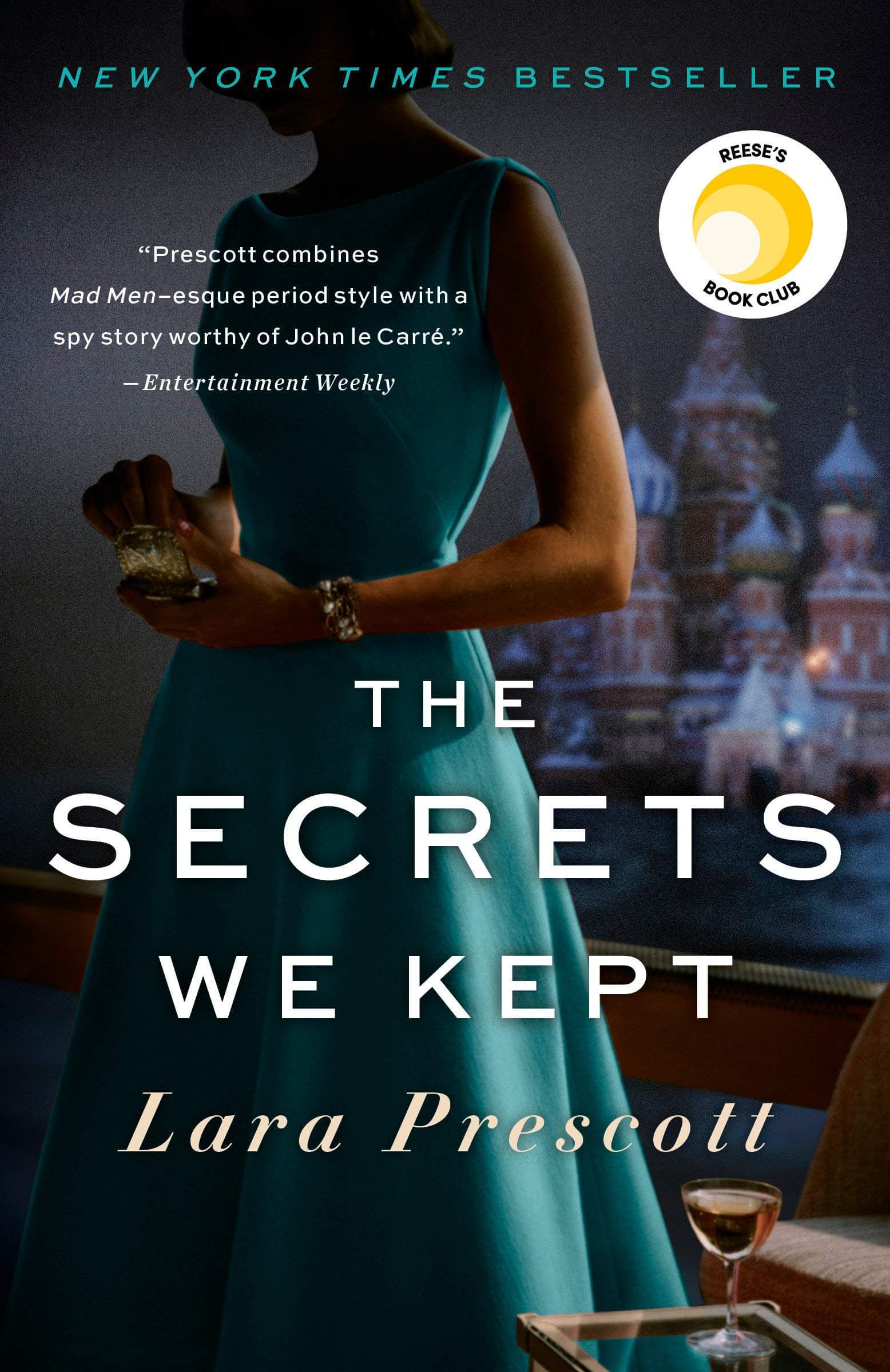
The Secrets We Kept by Lara Prescott
The Secrets We Kept is a fascinating tale about the United States’ role in the publication and distribution of Boris Pasternak’s Dr. Zhivago, and the effects of this book on Pasternak’s family and mistress in the Cold War-era Soviet Union. Prescott’s descriptions of Soviet-era politics and state-run Gulags (where Pasternak’s mistress was sent for several years because of his book) will make readers appreciate their freedom.

American Spy by Lauren Wilkinson
FBI agent Marie Mitchell is extremely qualified and highly competent, but is consistently assigned the jobs no one else wants and is passed over for the high-profile cases. The FBI of the 1980s is a man’s world, and Marie is delegated to paper pushing. Eventually though, she is tasked by the CIA to a case in West Africa, where she is charged with getting close to the young president of Burkina Faso and helping the United States advance their interests over a Communist country. Marie agrees to the mission and begins her work of seducing the target and participating in the coup that will bring him down. However, she soon realizes that this mission may change her life forever.
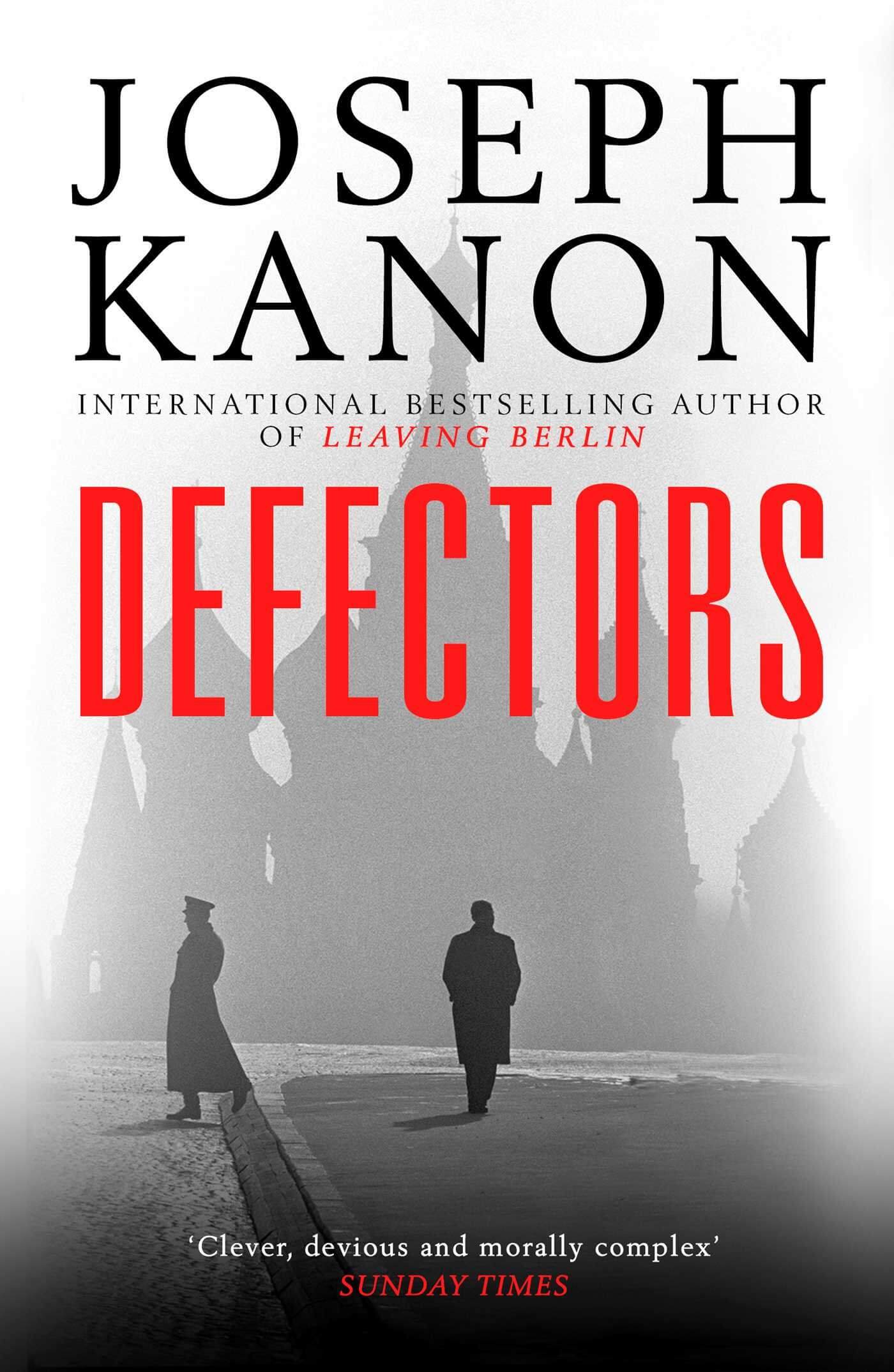
Defectors by Joseph Kanon
Defectors is a fascinating glimpse behind the Iron Curtain, specifically the Soviet Union, in the 1960s. Simon Weeks is making an unprecedented visit to the U.S.S.R. to visit his brother Frank, an individual who defected from the U.S. to the Soviet Union in the early 1950s. Frank has been given permission by the Soviet government to publish his memoirs, and his brother Simon is a bigwig at the publishing company that has agreed to handle the publication. As Frank cannot leave his adopted country, Simon must travel to Moscow to interview Frank and complete the memoir. As soon as Simon arrives, he realizes that Frank has other greater plans afoot—and the treachery and betrayals begin.
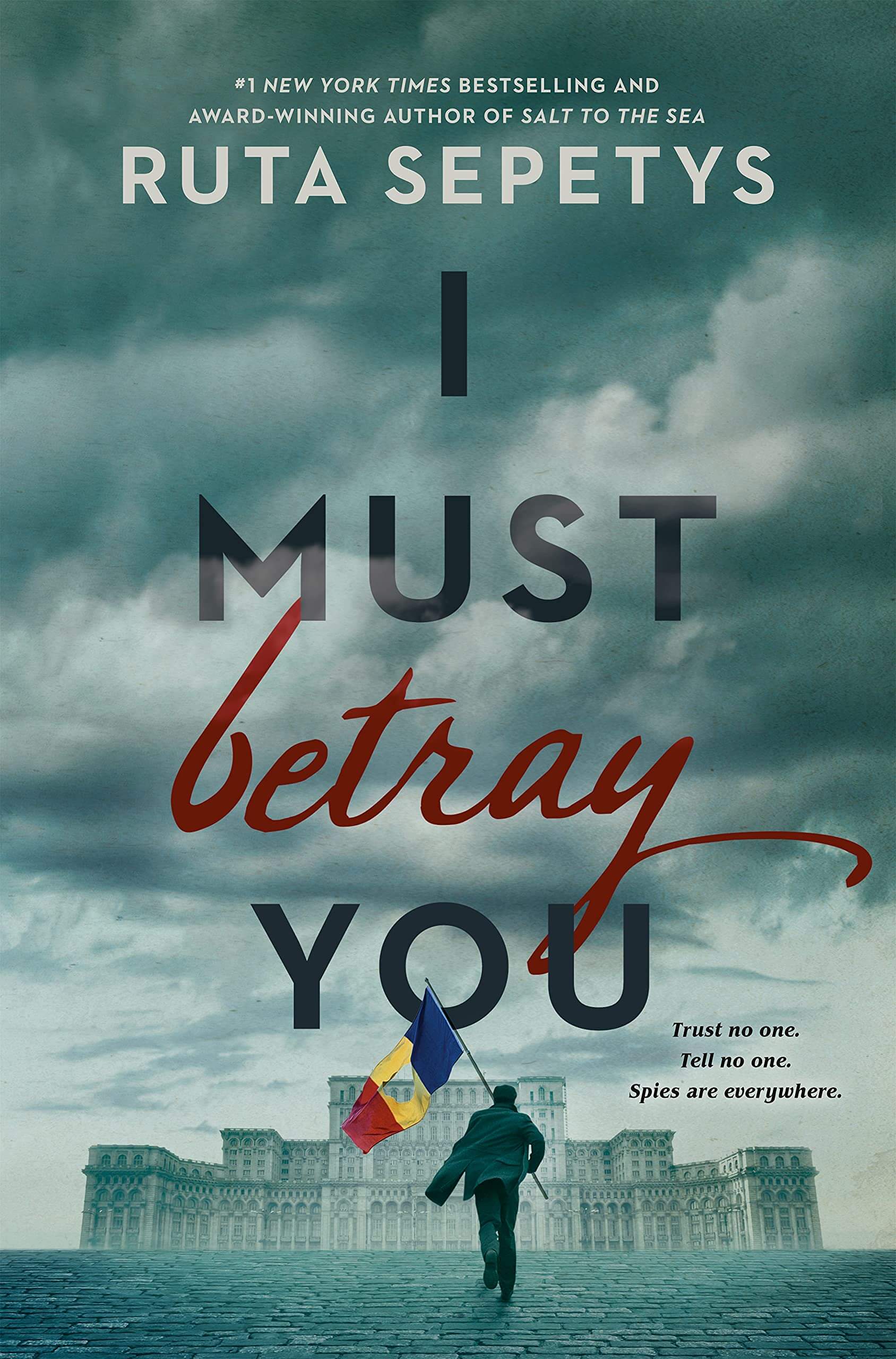
I Must Betray You by Ruta Sepetys
This historical thriller is set during the time period leading up to Romania’s 1989 revolution and the ousting of its charismatic but brutal leader, Nicolae Ceausescu. Insulated and living in constant fear, Romanians must survive under the oppressive regime that governs their country. There is little food, the electricity is randomly turned off and on, no outside media is allowed, and everyone worries about who they can trust and who they cannot—even family members are suspect. Sepetys vividly depicts life there during this time period, a period many will be unfamiliar with, and how one man managed to fool the world for far too long.
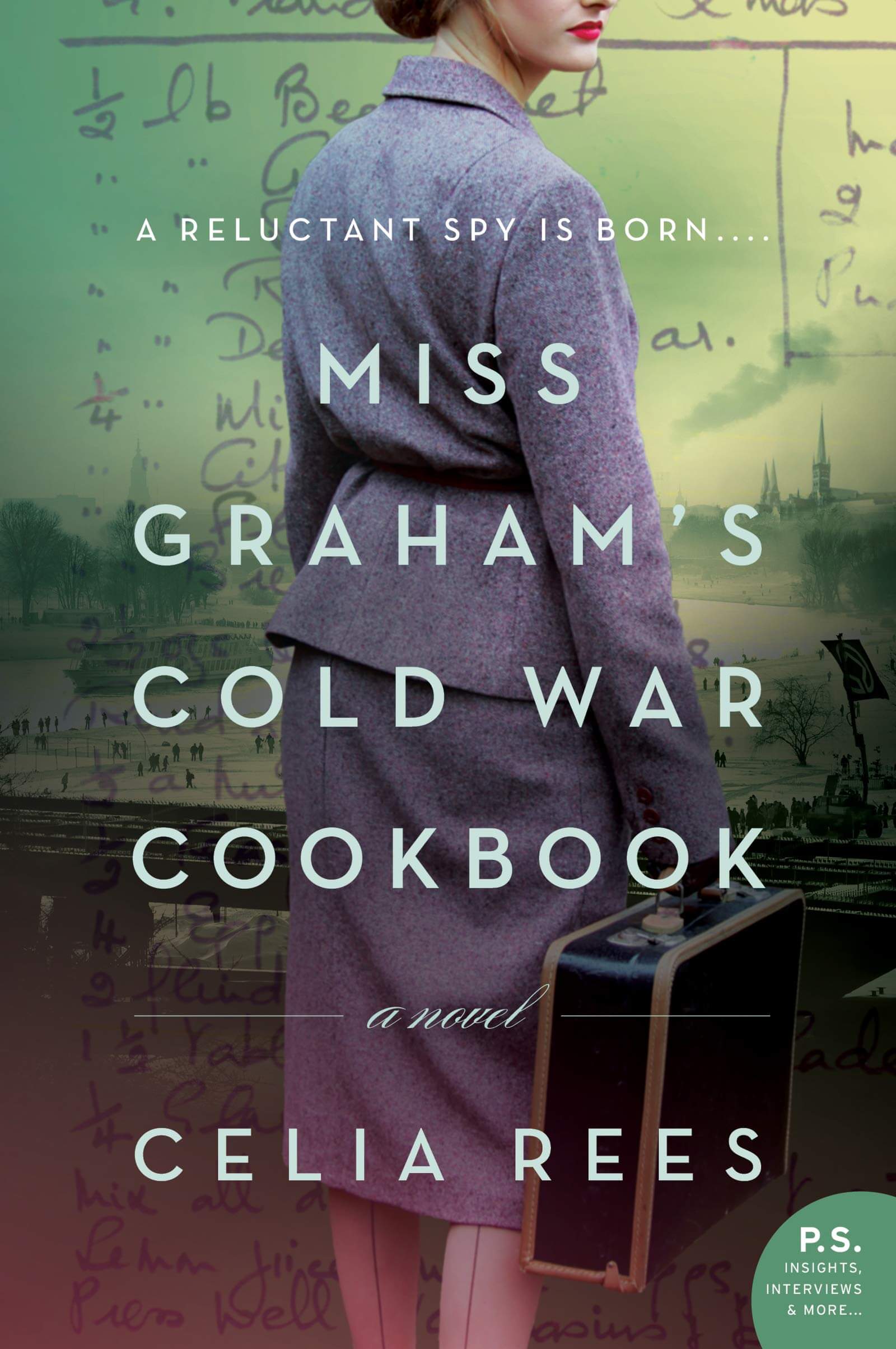
Miss Graham’s Cold War Cookbook by Celia Rees
Set in Germany following World War II, this tale follows Brit Edith Graham as she joins the Control Commission, an entity that hires civilians to rebuild war-torn Germany. Edith is tasked with setting up schools in ravaged German towns. Before she leaves London, she is recruited by the OSS to spy while in Germany and send back intelligence through recipes she gathers as she travels. However, when Edith arrives, she realizes that many of the people in occupied Germany are not what they seem.
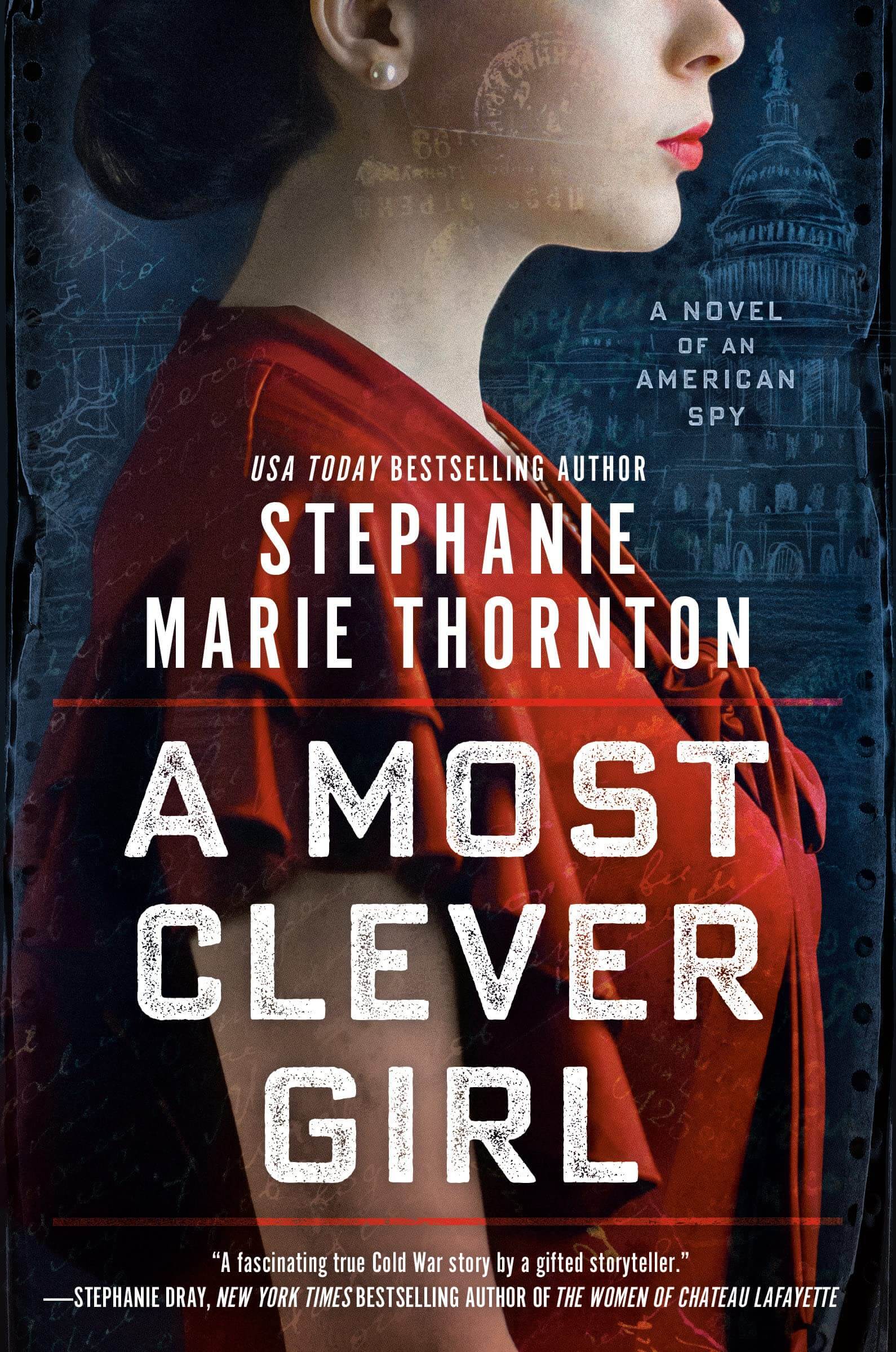
A Most Clever Girl by Stephanie Marie Thornton
Based on the true story of Cold War double agent Elizabeth Bentley, A Most Clever Girl chronicles Bentley’s life through her own eyes as told to a young woman who shows up on Bentley’s doorstep demanding answers to a secret she has learned about her own family. From her recruitment by the American Communist Party to creating the largest Russian spy network in the U.S., Bentley details her story and what happens when ideologies shift.
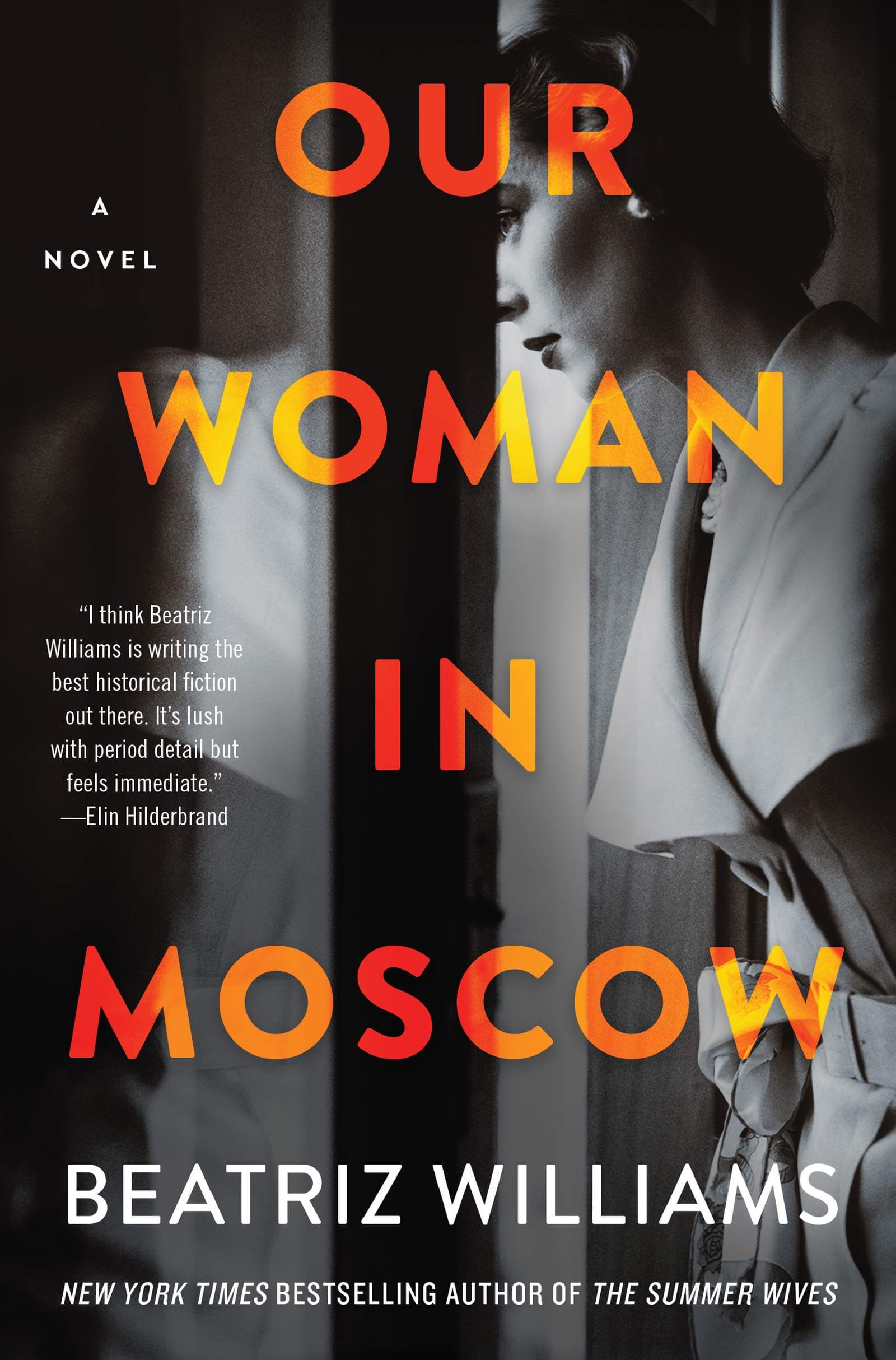
Our Woman in Moscow by Beatriz Williams
When the Digby family disappears from their London home without a trace, the world debates whether they were eliminated by Soviet Intelligence or whether the family defected to Moscow with American Diplomat Sasha Digby’s access to the West’s top secret intel. Four years later, Ruth Macallister receives a letter from twin sister Iris Digby, asking her to come to Moscow to visit. Ruth travels to Moscow to help the Digbys defect to the United States but instead learns that everything may not be as it seems.
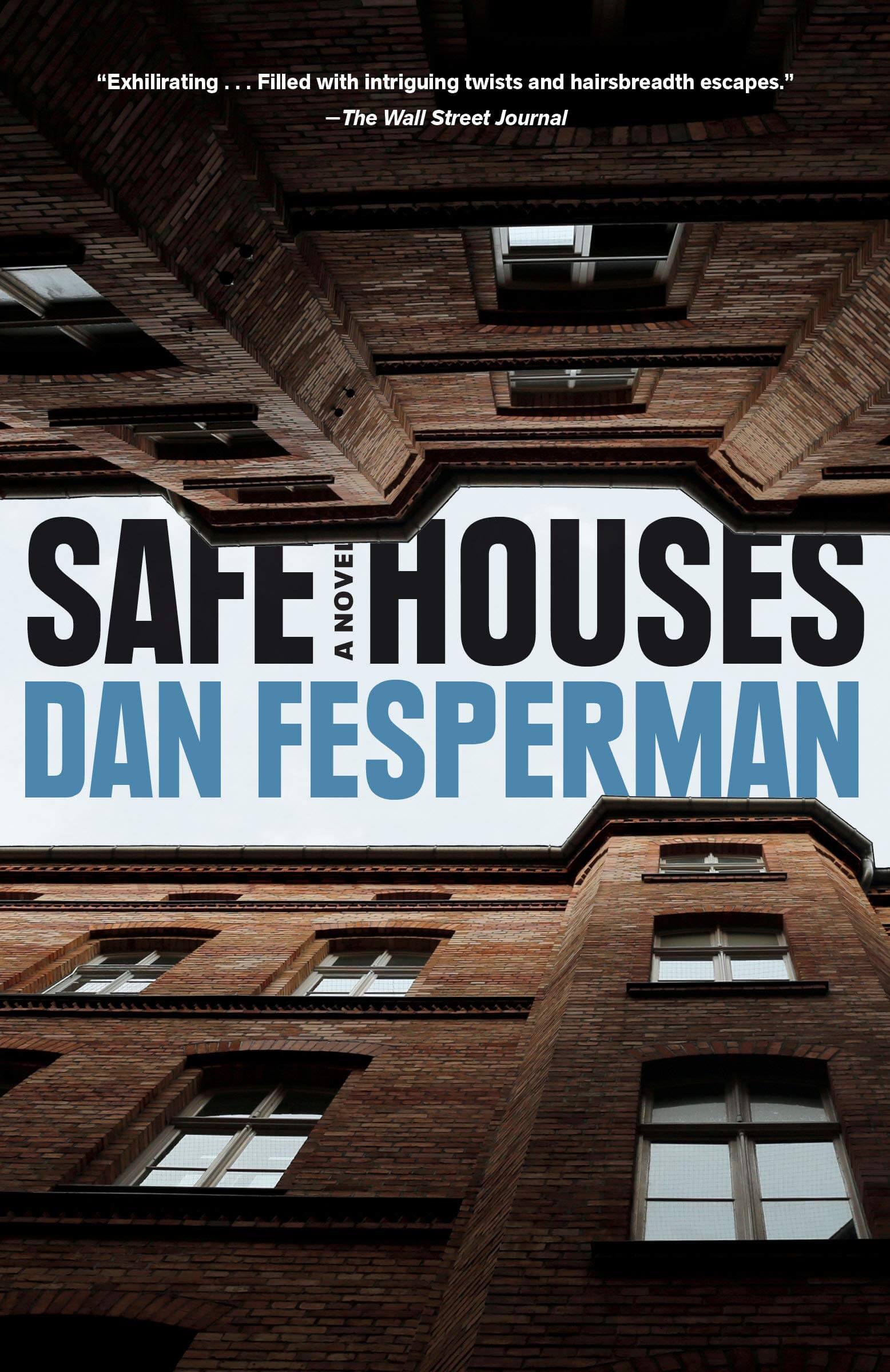
Safe Houses by Dan Fesperman
Safe Houses is a dual timeline tale that delves into the CIA’s operations in Berlin during the later years of the Cold War. In 1979, Helen Abell oversees the safe houses that the CIA maintains in Berlin. One night she accidentally overhears a strange conversation in one of the houses, and then subsequently stumbles into another dangerous encounter. Abell decides to expose those responsible, leading to a decade’s long vendetta that has severe consequences in 2014 when a son is arrested for the double murder of his parents. As the story progresses, the two tales slowly intersect and weave into a powerful conclusion.
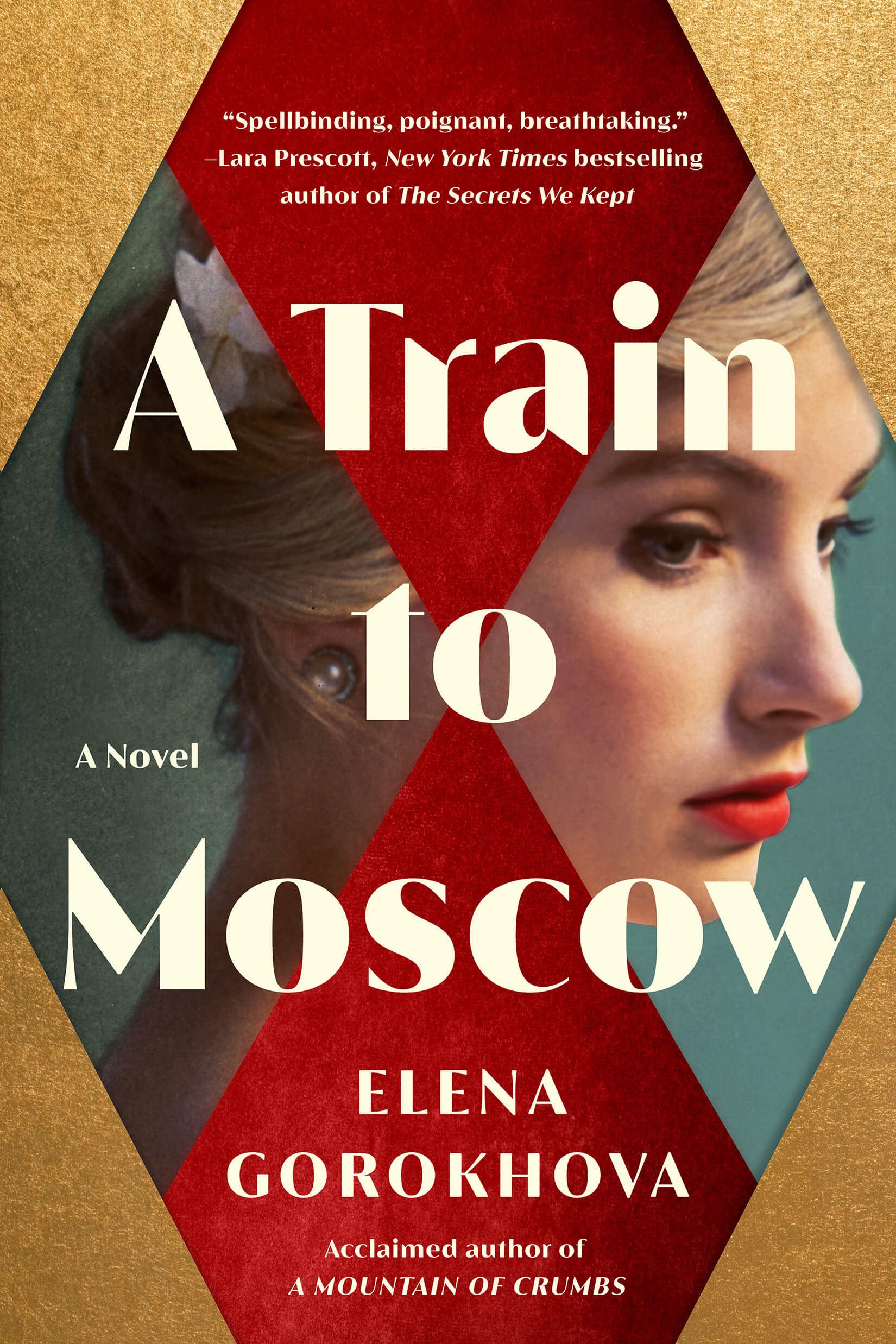
A Train to Moscow by Elena Gorokhova
In a small town in the Stalinist Soviet Union, Sasha yearns to be an actress. When she is old enough, she heads to Moscow to train and pursue her dreams leaving behind a family filled with secrets. Before she heads off, she stumbles upon her uncle’s journal, which chronicles what it was like fighting for Stalin’s ideology and the brutality hidden from the everyday people. She eventually lands in Leningrad where she reunites with an old flame who helps her discover a long-buried secret that changes her life. Inspired by the author’s own family stories, A Train to Moscow is an inspiring tale about the ways in which people manage to overcome adversity.
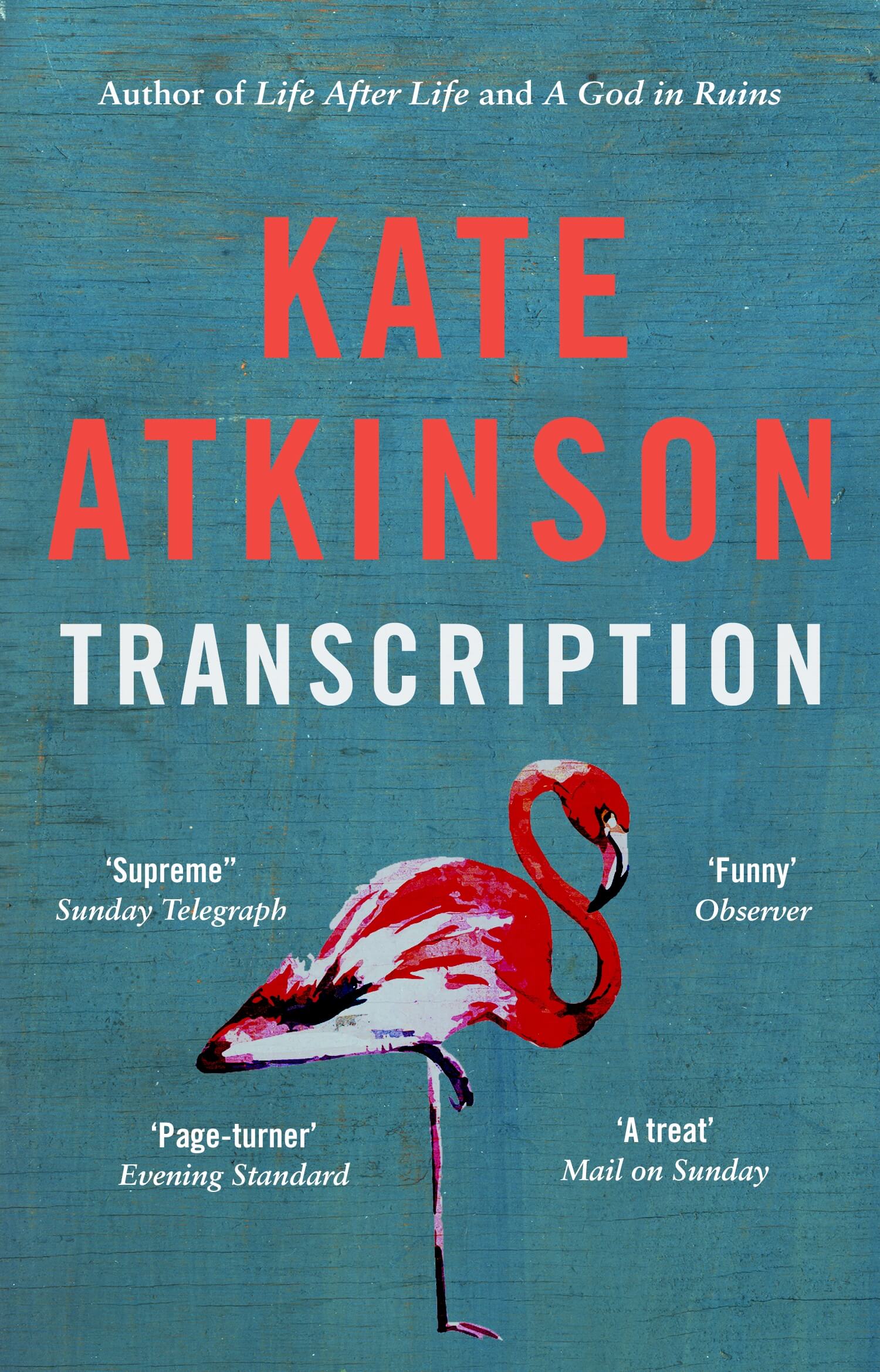
Transcription by Kate Atkinson
Juliet Armstrong works in an obscure MI-5 department during World War II that monitors and records the activities of a pro-German group. While the work is initially boring and monotonous, an event occurs that drastically alters the department’s work and Juliet’s job. Fast forward a decade later, and Juliet is now working for a BBC radio station, believing that her past is long behind her. However, as Juliet soon learns, actions almost always have consequences whether the effect is immediate or doesn’t surface until a decade or more later. Atkinson touches on some timely topics, such as nationalism versus patriotism, and the threat of those who will sacrifice everything for a belief.
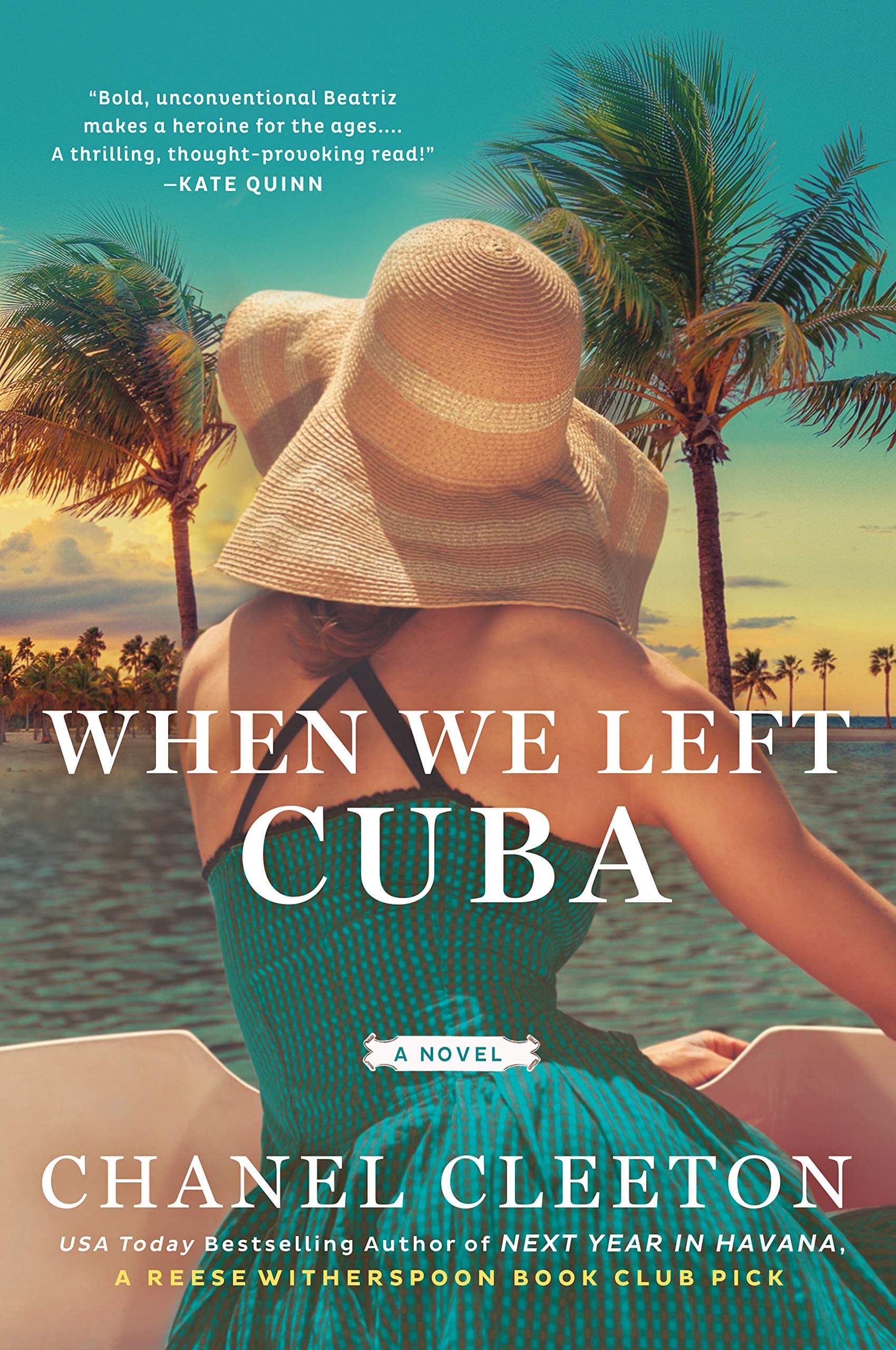
When We Left Cuba by Chanel Cleeton
When We Left Cuba opens in the 1960s, and Beatriz and the Perez family are living in Florida after the Cuban Revolution forced them to leave everything behind in Cuba. The novel follows Beatriz Perez and her desire for revenge against Fidel Castro and his cronies who forced her family to leave Cuba. Cleeton brings the politics of the era to life and focuses on the United States’ involvement in trying to topple Castro, while also depicting historical events of the 1960s, such as The Bay of Pigs, the Cuban Missile Crisis and Kennedy’s assassination through the lives of her characters.
Check out these must-read Gilded Age historical fiction books>>
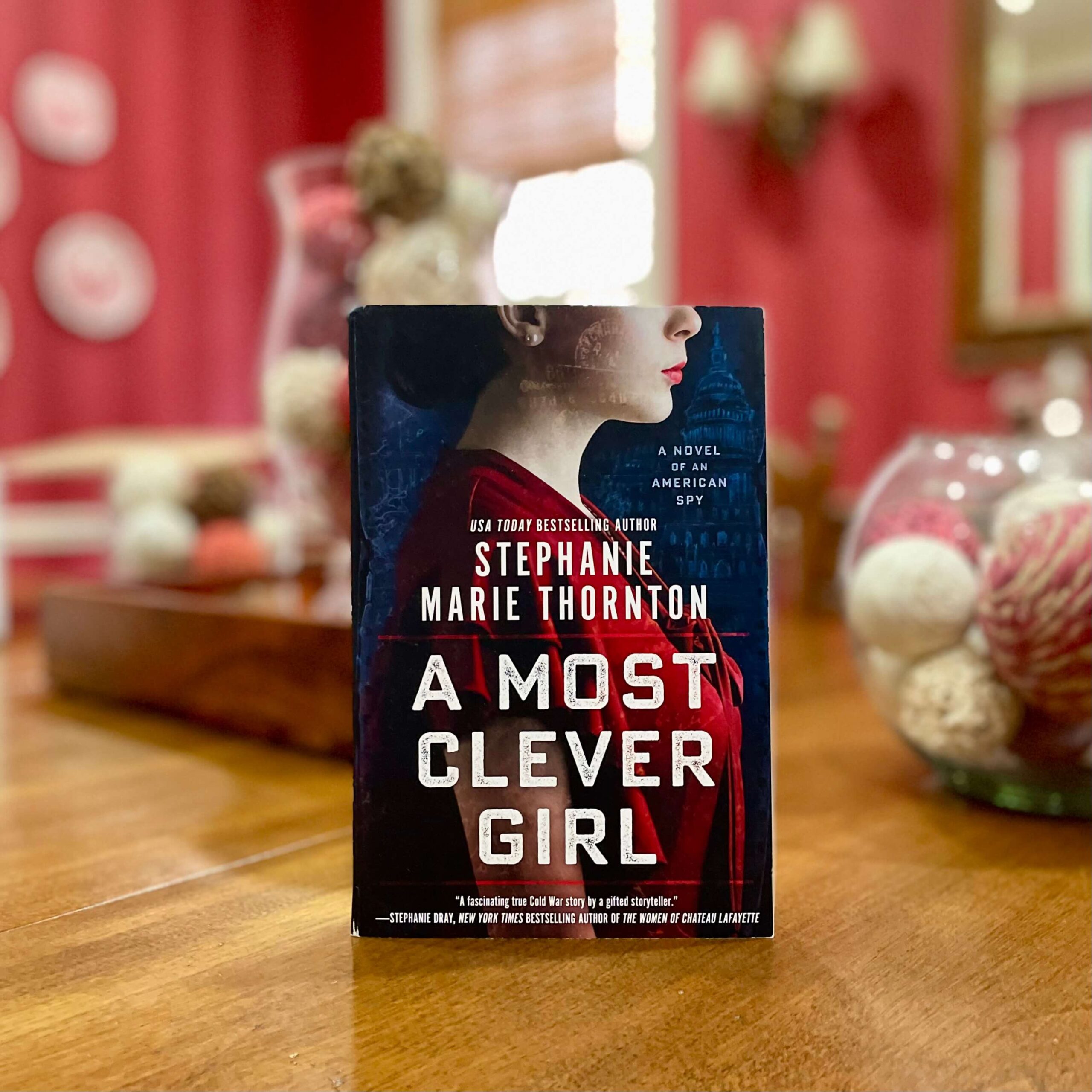

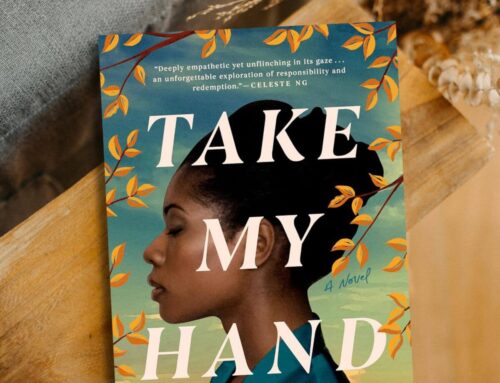
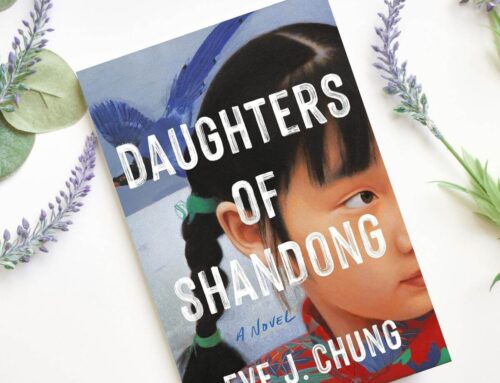
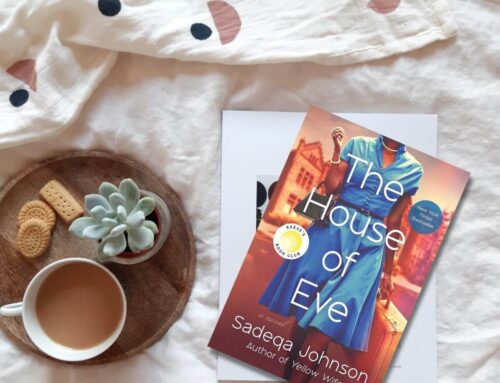
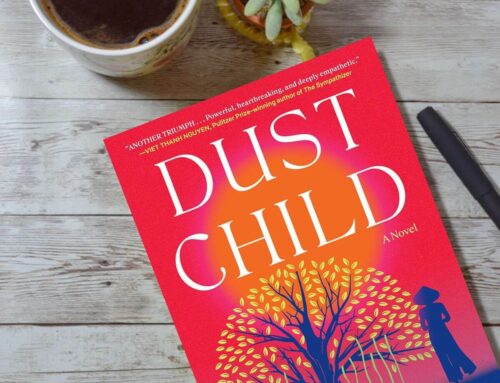

Leave A Comment